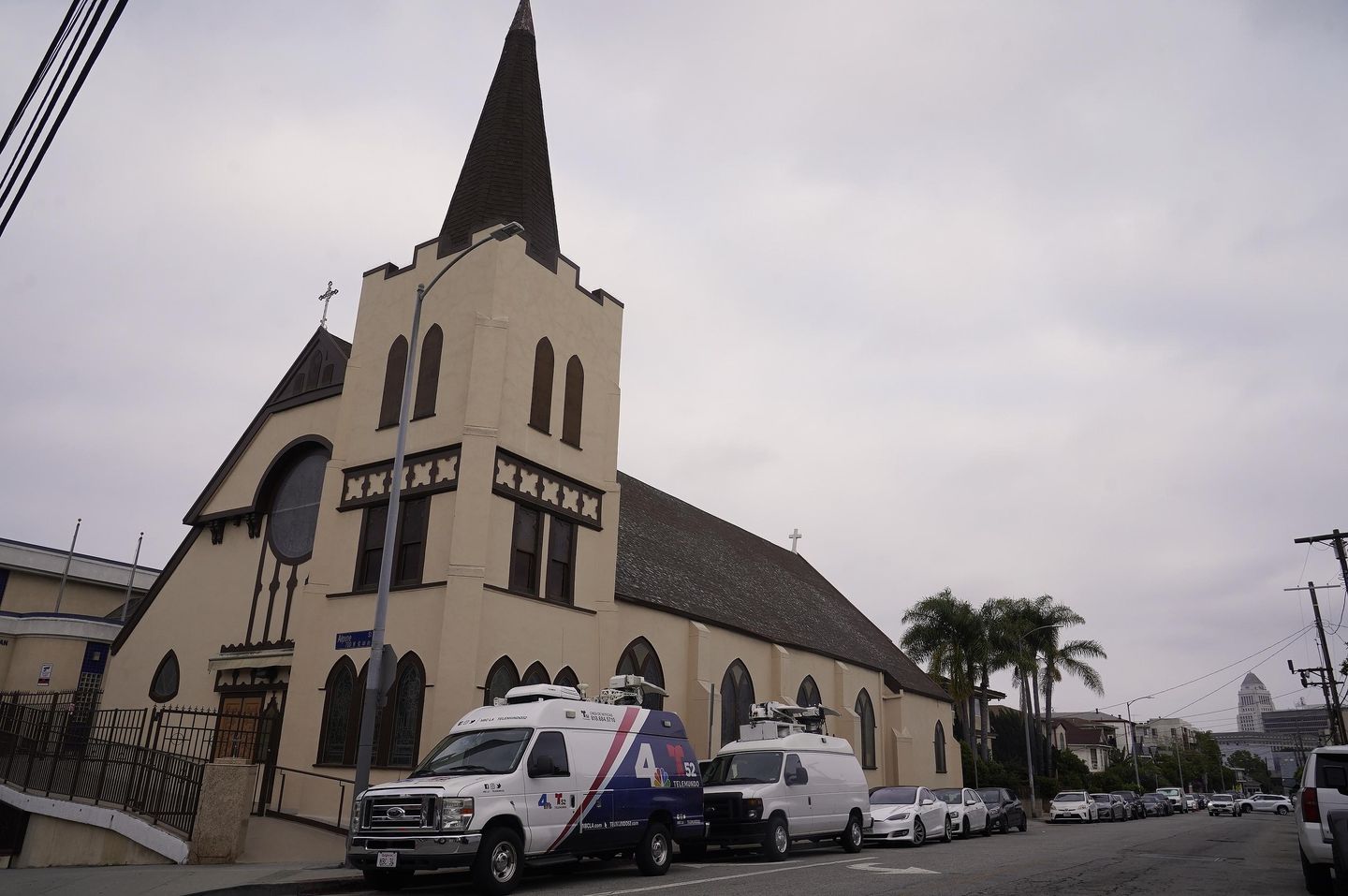
Half of U.S. evangelicals said recent immigrants are a “drain on economic resources,” while 37% said immigrants are a threat to “law and order” in a new survey.
The results mark increases in negative views about immigration among evangelicals since a 2022 survey in which 33% said immigrants are a drain on resources and 30% said they are a threat to law and order.
The evangelical research group Lifeway Resources conducted the survey for several sponsors, including the Evangelical Immigration Table, a coalition providing discipleship resources focused on immigration from a biblical and missional perspective, and World Relief, a global Christian humanitarian organization.
Also in the survey:
• 55% of evangelicals said Christians have a responsibility to care for immigrants, even those here illegally.
• 75% said there should be a path to citizenship for those already here who are interested and meet certain qualifications.
“It’s quite notable that this data includes 72% of White evangelicals, along with 80% of Black evangelicals and 87% of Hispanic evangelicals,” said Walter Kim, president of the National Association of Evangelicals, who participated in an online news conference Wednesday.
Evangelicals were divided on immigrants’ value to the nation: 26% said the new arrivals improve America’s cultural diversity, while 28% said they are “a threat to traditional American customs and culture.”
Additionally, 39% of evangelicals said the recent influx is an opportunity to “show love” to immigrants and 40% said it’s a chance to “introduce them to Jesus Christ.” Fourteen percent said immigrants would “boost entrepreneurial activity.”
“This is not merely a political issue. It’s one about the vibrancy of our communities [and] the vitality of our churches and ministries,” Mr. Kim said.
He noted that while 91% of evangelicals “affirm that U.S. immigration policies should ensure secure borders,” the same percentage said those policies should “respect the rule of law” and “protect the unity of the immediate family.”
The National Association of Evangelicals represents about 40 denominations that include thousands of churches, schools and nonprofit ministries, Mr. Kim said.
The survey found that 82% of evangelicals would value hearing a sermon about how biblical principles can be applied to immigration.
Daniel Darling, director of the Land Center for Cultural Engagement at Southwestern Baptist Theological Seminary in Fort Worth, Texas, also participated in Wednesday’s news conference. He noted that evangelicals — particularly the 13.2 million members of the Southern Baptist Convention, the nation’s largest Protestant denomination — are concerned about getting Congress and administrations to cooperate on legislation to reform the process, something last accomplished during the Reagan administration.
“I think a lot of Baptists are frustrated with the inability in D.C. to come together and fix the system,” Mr. Darling said. “When you look at Southern Baptists on the ground … many of our churches are trying to help refugees and immigrants, teaching English and doing all kinds of things; our Send Relief humanitarian organization really does a lot of work with refugees and immigrants, helping them assimilate.”
In the survey, 75% of evangelicals said they support the U.S. taking in Afghan refugees, especially those who cooperated with U.S. troops during the war, compared to the 25% who said the same in a 2018 poll.
Additional survey sponsors were the National Latino Evangelical Coalition, the Ethics & Religious Liberty Commission, the Council for Christian Colleges & Universities and Bethany Christian Services.
Lifeway Research surveyed 1,010 Americans Jan. 15-24 using a national pre-recruited panel. Of those responding, 5,076 said they held “evangelical beliefs,” while 914 “self-identified” as evangelical Christians. The survey has a margin of error of plus or minus 3.1 percentage points at the 95% confidence level.












